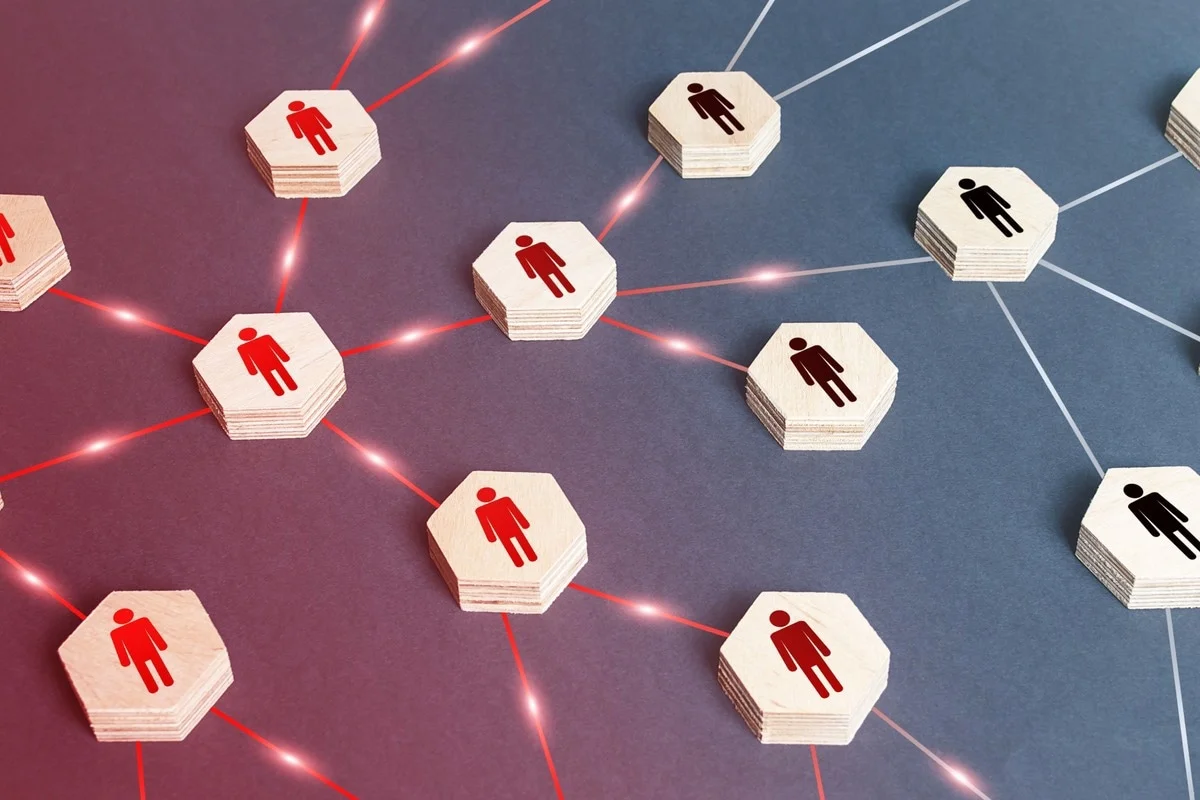
When certain diseases and illnesses occur, government health authorities must be informed about the occurrence — these are known as ‘notifiable’ diseases. Many, but not all, notifiable diseases are infectious diseases (sometimes known as ‘communicable’ diseases).
It is not your responsibility to notify government health authorities; it is the responsibility of the doctor or pathology service. In some states, certain other people, such as directors of childcare centres, must also report certain diseases.
Depending on the particular condition, if you are diagnosed with a notifiable disease, you might be contacted by health authorities. Also, you might want — or need — to notify people you have been in contact with. No information about you or your health becomes public.
Why are some illnesses and diseases notifiable?
The main reason is that public health authorities need to know where in the community significant diseases are being found.
This information lets them take steps to control the spread of infectious diseases — for example, to avoid an epidemic — and to protect the health of the community. It also helps them improve health policy and check that health services are working to the required standard.
Knowing when and where such illnesses occur can also help with healthcare planning. For example, it helps governments decide where to allocate funding and resources, and provides information so governments and health authorities can set priorities for medical research. It also allows certain types of high quality research to be carried out.
Notifiable disease lists and practices
The Australian Government and the states and territories all have their own legislation and communicable disease lists — many conditions are on all lists, but some are only notifiable in 1 or 2 areas.
Examples of notifiable diseases include:
- infections caused by bacteria such as legionella
- diseases or conditions caused by viruses such as influenza, COVID-19 and HIV (Human Immunodeficiency Virus)
- infections spread by contact, such as hepatitis
- infections spread through the gastrointestinal route, such as listeriosis
- sexually transmitted infections such as chlamydia
- diseases that can be prevented by vaccines, such as measles
- diseases transmitted by insects, such as malaria, or contracted from other animal species, such as brucellosis
In some states, some non-communicable diseases — such as cancer — and conditions — such as high levels of lead in the blood — are also notifiable.
Check the list below for Australia and for your own state and territory.
- Australia
- Australian Capital Territory
- New South Wales
- Northern Territory
- Queensland
- South Australia
- Tasmania
- Victoria
- Western Australia
What happens to my information?
If you have a notifiable disease, all your information is confidential and is seen only by authorised health staff. It is used for planning purposes and for research.
You might be able to restrict access of medical practitioners to certain sensitive information, such as sexual health records.
You can also choose to hide particular records in your My Health Record data (the Australian Government’s digital health record system). Hidden records are not available to any medical practitioners who are treating you.
You cannot request that your condition not be reported, because reporting is a legal requirement. But your information is protected by privacy legislation, and any identifying information is removed before the information is reported more widely.
Information about your condition is not shared with your insurance company or your employer.
Will I be told?
For some conditions, your state or territory health authority might contact you or your doctor. They might want to find out more about how you contracted the disease, or they might want to find out if other people you have been in contact with might need treatment or advice. Health authorities can help you get in touch with people you have been in recent contact with.
What do I need to do?
If you find out that you — or someone you know — has a notifiable disease, you don’t need to take any action to notify authorities.
If you are infectious, you should take steps to avoid infecting other people (for example, by staying away from work or school).
If you have a sexually transmitted infection, you should tell your current and previous sexual partners so they can get treatment if necessary. This can be difficult to do, but you can get support from a sexual health clinic or use an online partner notification service.


